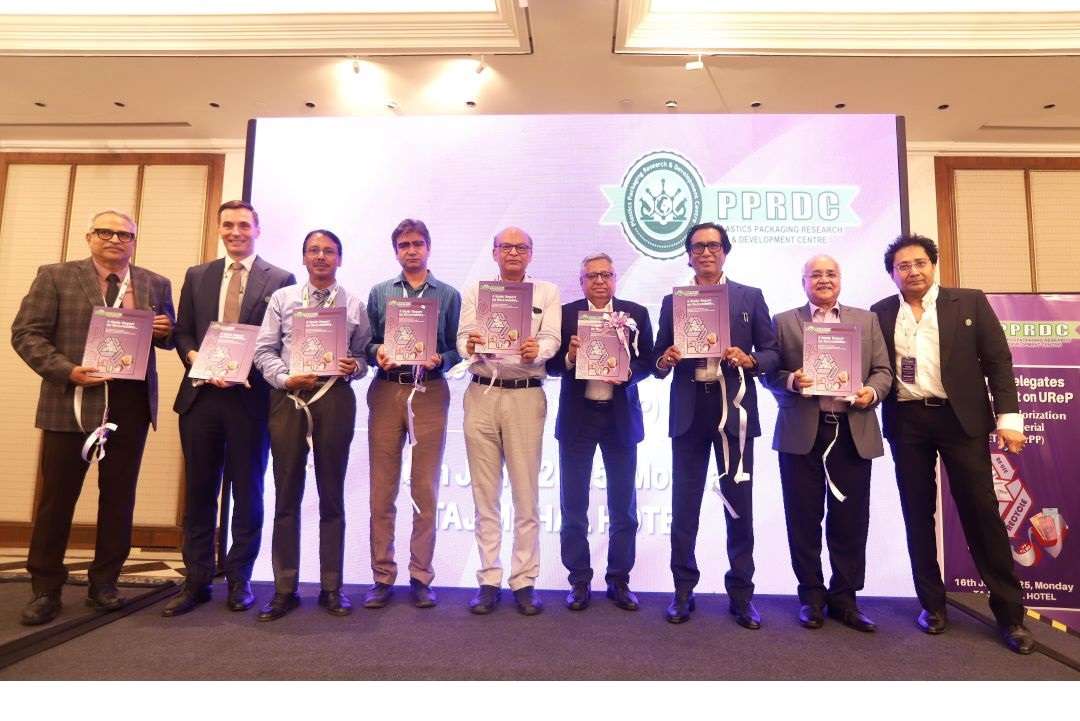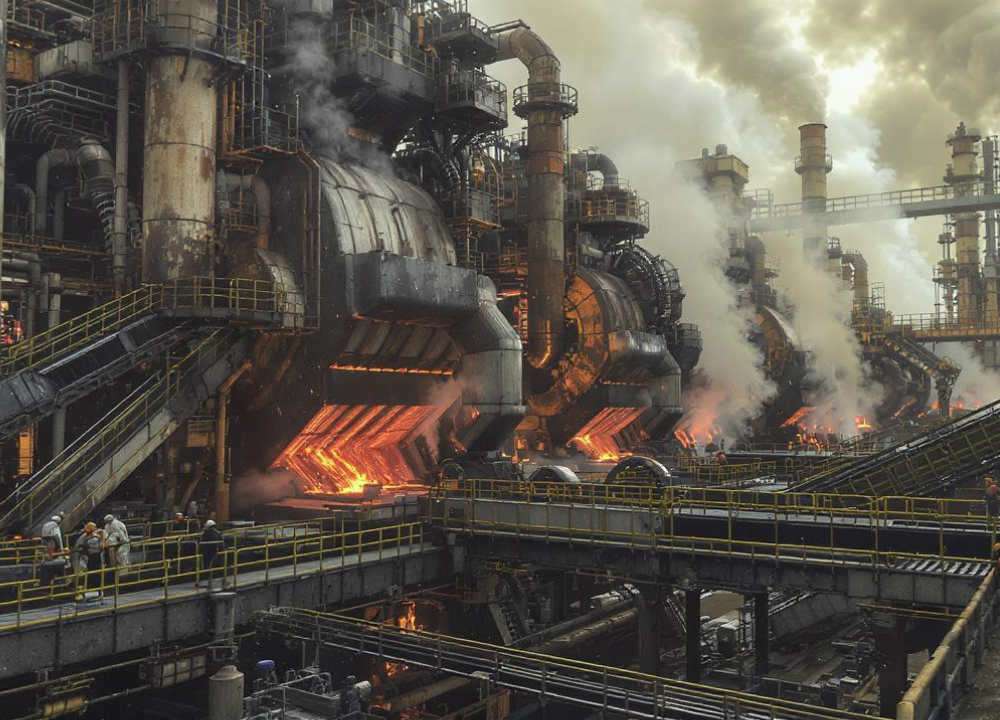At the 6th Plastic Packaging Research and Development Centre (PPRDC) Summit in New Delhi, industry experts, policymakers, and sustainability advocates gathered to discuss the future of food-grade recycled materials in India. The summit featured key participation from government bodies, brand owners, producers, and recyclers, all committed to advancing sustainable packaging solutions. Notable attendees included representatives from FSSAI, BIS, Department of Chemicals & Petrochemicals, Tata Consumer Products, Nestlé India, Coca-Cola, PepsiCo, Mars India, UFlex Limited, and many others.
A highlight of the summit was the launch of the study report titled “Recycling of Post-Consumer Food-grade Polypropylene (PPs) Waste: Sustainable Valorization of Recycled PP Material”. This groundbreaking report offers a roadmap for safely integrating recycled polypropylene (rPP) into food packaging materials. With India working towards a circular economy, this study emphasizes the significant role of rPP in reducing environmental impact while enhancing brand sustainability. It outlines how adopting rPP can help businesses align with consumer values, reduce waste, and lower carbon footprints while ensuring compliance with stringent global food safety standards, including those set by the US FDA.
Polypropylene (PP), despite being one of the most commonly used plastics globally, faces a very low recycling rate of just 3-5%. The report presents an innovative solution using advanced multi-point decontamination and double-filtration technologies to incorporate up to 60% post-consumer recycled PP in multi-layer flexible food packaging without compromising food safety or packaging performance.
Deepak Mishra, Joint Secretary, Department of Chemicals & Petrochemicals, emphasized the importance of advancing recycling standards for materials like PP and PE. He commended the PPRDC for providing a collaborative platform to address such challenges and urged the industry to further improve recycling practices to meet India’s sustainability goals. He also highlighted the role of collaborative efforts between policymakers, recyclers, and industry players in ensuring long-term environmental progress.
Prabh Das, CEO of HPCL-Mittal Energy Limited (HMEL), echoed similar sentiments, calling for the creation of a clear framework for materials that currently fall outside existing government guidelines. He stressed that the industry’s proactive efforts in adopting recycled materials for packaging will accelerate the shift toward a more sustainable and circular packaging ecosystem.
Jacob Duer, President & CEO of the Alliance to End Plastic Waste, noted the global plastic waste crisis and the need for collective action. He highlighted India’s potential to lead in the circular economy movement, with its growing economy and innovative approach to tackling waste. By supporting scalable recycling solutions and strengthening partnerships, India can play a central role in reshaping plastic waste management.
Ashok Chaturvedi, Chairman and MD of UFlex Limited, urged industry stakeholders to take immediate action, not driven by regulations, but out of shared responsibility for sustainability. He emphasized that embracing recycled materials as a business imperative, rather than a regulatory burden, is key to creating a positive, lasting impact. He encouraged all stakeholders to take small yet meaningful steps towards making packaging more sustainable.
The summit also featured remarks from Jeevaraj Gopal Pillai, Director of Sustainability at UFlex Limited, who highlighted UFlex’s innovations in using recycled polyethylene (rPE) and recycled polypropylene (rPP) in food packaging, ensuring safety through advanced co-extrusion processes. This innovation positions the company to meet India’s Extended Producer Responsibility (EPR) requirements while maintaining the highest food safety standards.
The PPRDC, through its Secretary General Mihir Banerji, called for the development of a progressive, science-backed regulatory framework for the use of recycled polypropylene in food packaging. Such a framework will allow India to fully tap into the potential of food-grade rPP, contributing to the country’s sustainability goals and environmental commitments.
The summit also discussed the urgent need for the plastic packaging industry to align with India’s Plastic Waste Management Rules and Circularity Targets, which include mandates for recycled content in flexible packaging by 2027-28. The report stresses that incorporating food-grade recycled plastics, such as rPET, rPE, and rPP, is vital for the industry to meet these regulations and create a steady supply of high-quality recycled materials.
PPRDC is a non-profit research and development organization established by the Multilayer Plastics Films Sanitation Trust. It plays a pivotal role in driving the adoption of sustainable practices in the plastic packaging industry by working with stakeholders across the value chain to build a circular economy.








